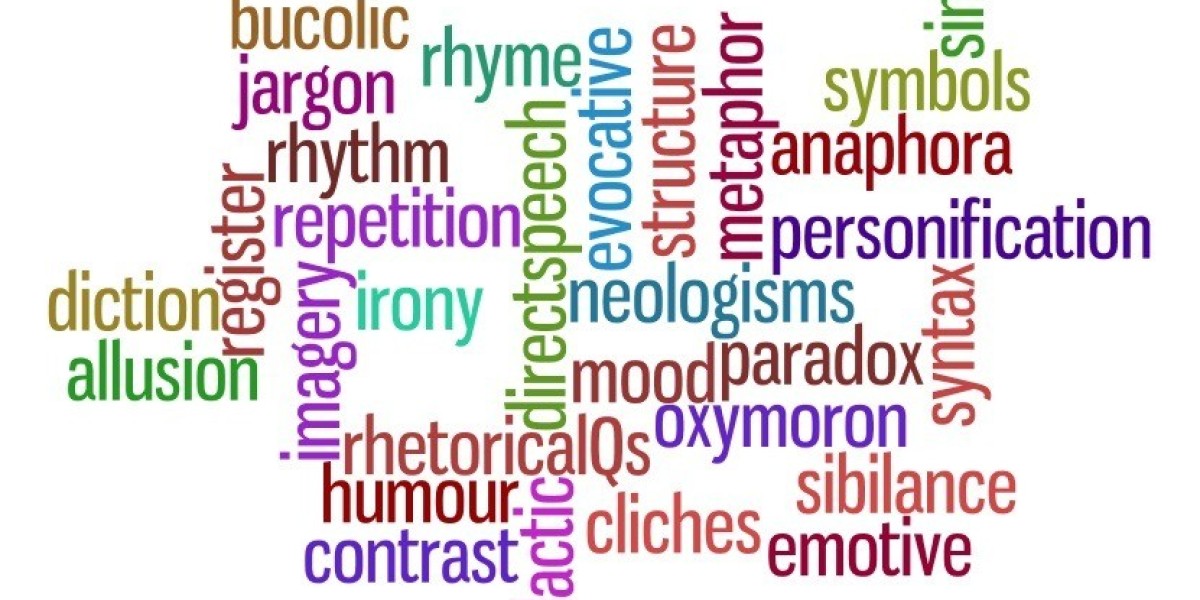Introduction to the Art of Irony
At its core, irony is a contrast between expectations and reality, where what happens is often the opposite of what one would expect. This contrast is what makes irony such a versatile and engaging tool for writers. It adds layers of meaning, humor, tension, and complexity, making stories feel richer and more intricate.
Irony in literature is not merely about surprising readers; it’s a way to make them think critically about the plot, characters, and even societal norms. Authors throughout history have used irony to add depth and create resonance, leaving readers to marvel at the cleverness or feel the sting of an unexpected twist.
Types of Irony in Literature
There are several types of irony commonly used in literature, each with its distinct flavor and impact. Understanding these types can deepen a reader's appreciation of literary works and help writers craft more sophisticated and engaging stories.
Verbal Irony
Definition and Examples
Verbal irony occurs when a character says one thing but means the opposite. It's as though the character is speaking with a wink to the audience, who understands the hidden meaning beneath the words. It’s the most common form of irony, often used in everyday conversations.
For instance, in Shakespeare’s "Julius Caesar," Mark Antony repeatedly refers to Brutus as “an honorable man” during his funeral speech, while implying the opposite—subtly suggesting that Brutus’s actions were anything but honorable.
How Authors Use Verbal Irony to Convey Subtle Humor
Verbal irony is a powerful tool for humor. By saying the opposite of what they mean, authors can create a playful tone, drawing the reader in on the joke. It also allows writers to expose the absurdity of certain situations without being overtly critical, making it a key element in satire.
Situational Irony
Definition and Examples
Situational irony occurs when the outcome of a situation is dramatically different from what was expected. Unlike verbal irony, where the speaker is aware of the irony, situational irony unfolds naturally in the plot, surprising both the characters and the readers.
A classic example is O. Henry’s "The Gift of the Magi," where a couple sacrifices their most prized possessions to buy gifts for each other—only to find that their sacrifices have rendered the gifts useless.
How Unexpected Outcomes Keep Readers Hooked
Situational irony keeps readers invested because it plays on the element of surprise. Readers might anticipate one outcome, only for the story to take a sharp turn in a different direction, creating a blend of shock, amusement, or sorrow.
Dramatic Irony
Definition and Examples
Dramatic irony occurs when the audience or reader knows more about the events of a story than the characters do. This form of english language technique creates tension, as the audience watches characters unknowingly head toward their fate.
For example, in "Romeo and Juliet," the audience knows Juliet is alive when Romeo believes she is dead, adding heartbreaking tension as Romeo takes his own life, unaware of the truth.
How Dramatic Irony Heightens Tension in a Story
Dramatic irony heightens emotional stakes, as readers or viewers sit in suspense, waiting for the inevitable moment when the truth is revealed to the characters. It’s a technique that keeps audiences on the edge of their seats, knowing that things are bound to go wrong.
Verbal Irony: The Art of Saying the Opposite
Famous Examples in Literature
In Mark Twain’s "The Adventures of Huckleberry Finn," Twain uses verbal irony to critique societal norms, particularly through Huck’s innocent yet biting observations of adult hypocrisy. Jane Austen’s "Pride and Prejudice" is another masterpiece of verbal irony, especially in its opening line: “It is a truth universally acknowledged, that a single man in possession of a good fortune, must be in want of a wife.” Here, Austen humorously exposes the absurdity of societal expectations surrounding marriage.
When Verbal Irony Becomes Sarcasm
Sarcasm is often seen as a sharper, more biting form of verbal irony. While verbal irony can be witty and subtle, sarcasm tends to be more direct and mocking. The line between the two is delicate, as sarcasm can entertain but also alienate readers if overused or too harsh.
Situational Irony: The Twist of Fate
Classic Examples of Situational Irony
George Orwell’s "Animal Farm" offers a profound example of situational irony. The animals revolt to achieve equality but end up with a system just as oppressive as the one they overthrew, highlighting the corrupting influence of power.
Why Readers Love Situational Irony
Readers are drawn to situational irony because it subverts their expectations in clever and thought-provoking ways. It provides a “twist” that can be humorous, tragic, or even cathartic, making the story more memorable.
Dramatic Irony: When the Audience Knows More
Shakespeare’s Mastery of Dramatic Irony
Shakespeare was a master of dramatic irony, particularly in plays like "Othello." The audience is aware of Iago’s deceitful plot long before Othello himself discovers it, creating a tragic sense of inevitability as Othello falls victim to lies and manipulations.
Building Suspense with Dramatic Irony
Dramatic irony allows for the gradual build-up of suspense. The tension escalates as characters remain oblivious to critical information that would change their decisions. This technique is frequently used in tragedies, but it’s also effective in thrillers and comedies.
The Role of Irony in Different Literary Genres
Irony in Tragedy
Irony deepens the emotional impact of tragic stories. Characters are often trapped by fate or their own choices, unaware of the larger forces at play. This sense of inescapability, paired with ironic twists, amplifies the tragedy.
Irony in Comedy
Irony is a cornerstone of comedic writing. By presenting contradictions between appearance and reality, authors generate humor that makes audiences laugh while subtly critiquing societal norms.
Irony in Modern and Postmodern Literature
Irony takes center stage in many modern and postmodern works, often reflecting the complexities and absurdities of the human condition. Authors like Kurt Vonnegut and Joseph Heller use irony to challenge conventional narratives and question authority.
How Irony Enhances Character Development
Characters Defined by Irony
Some characters are defined by their ironic circumstances, where their desires or actions produce unintended consequences. Think of Jay Gatsby in "The Great Gatsby," whose pursuit of the American Dream leads to his downfall, despite his best efforts.
Irony and Morality in Literature
Irony often places characters in moral dilemmas, forcing them to confront the consequences of their actions. This adds depth to their development and makes their choices more poignant.
The Psychological Impact of Irony on Readers
Irony challenges readers to engage with the text on a deeper level. When faced with an ironic twist, readers must reconsider their assumptions about the story, often leading to a more nuanced understanding of its themes and characters.
Irony as a Reflection of Real Life
Why Irony Feels Realistic to Readers
Life is full of ironic moments—unexpected outcomes, miscommunications, and contradictions. That’s why irony resonates with readers, offering them a sense of realism and relatability, even in fictional stories.
Examples of Irony Mirroring Life’s Complexities
In literature, irony often mirrors the unpredictability of real life. Characters might face twists of fate or unintended consequences, much like how people in real life deal with the unexpected.
Conclusion: The Enduring Power of Irony in Literature
Irony remains a powerful literary tool because of its ability to surprise, provoke thought, and engage readers emotionally. Whether it’s used to inject humor, heighten tragedy, or subvert expectations, irony adds richness and complexity to a story. Its enduring appeal lies in its capacity to reflect the contradictions of life, making literature feel more authentic and relatable.
FAQs
1. What is the difference between irony and sarcasm?
Irony involves saying the opposite of what is meant or highlighting a difference between expectation and reality, while sarcasm specifically uses this technique to mock or criticize.
2. Can irony exist in non-literary works, such as film or theater?
Absolutely. Irony is a versatile device that appears in many forms of storytelling, including film, theater, and even everyday conversations.
3. What are the most famous ironic characters in literature?
Characters like Jay Gatsby from "The Great Gatsby" and Elizabeth Bennet from "Pride and Prejudice" are famous for their ironic circumstances and witty remarks.
4. How does irony impact the plot of a story?
Irony adds depth to a plot by introducing unexpected twists, creating tension, and offering readers new perspectives on characters and events.
5. Why do some authors use irony more than others?
Some authors use irony as a means to critique society, while others employ it to add humor, suspense, or complexity to their narratives.









